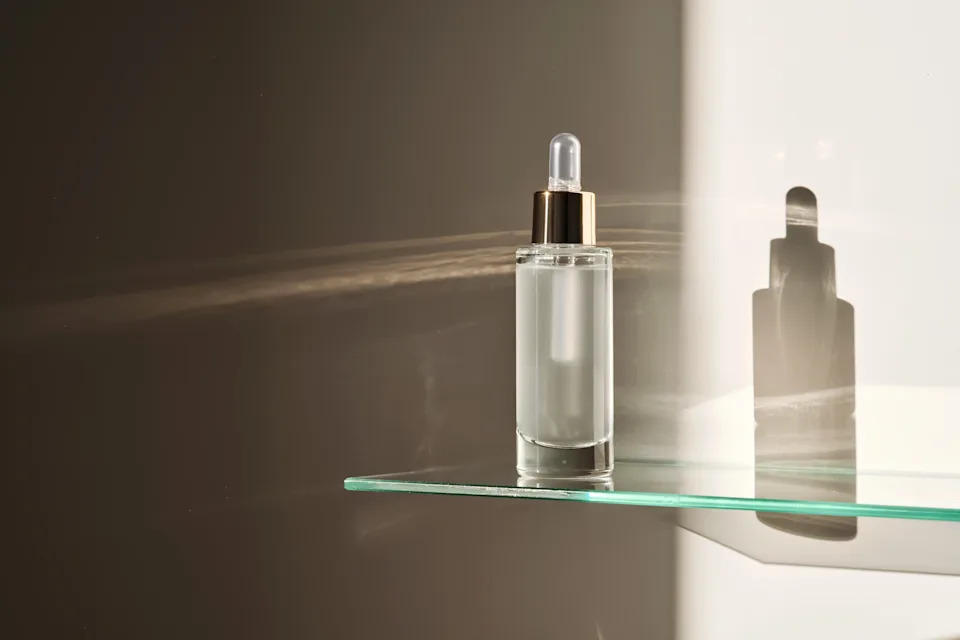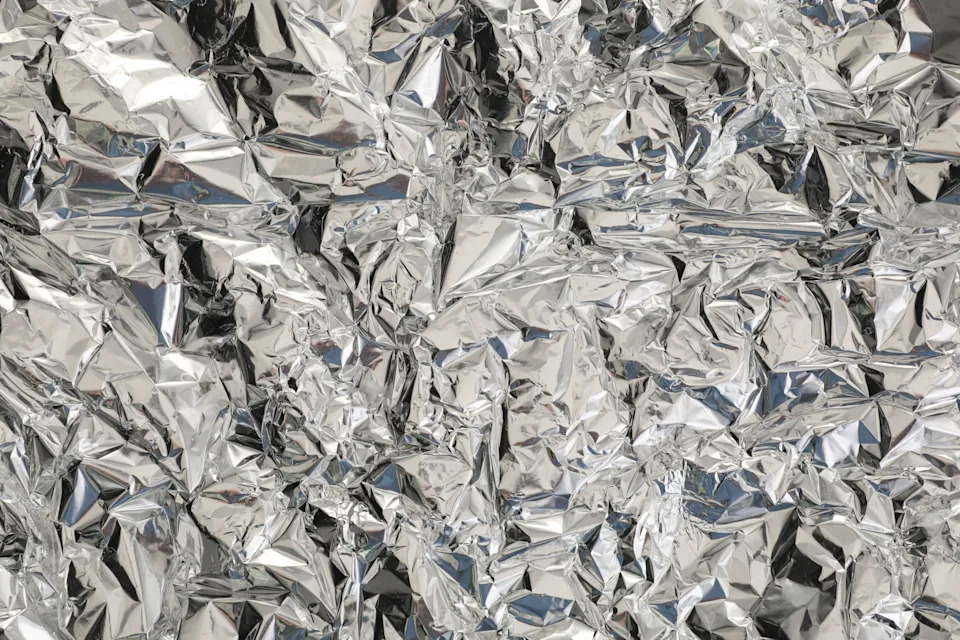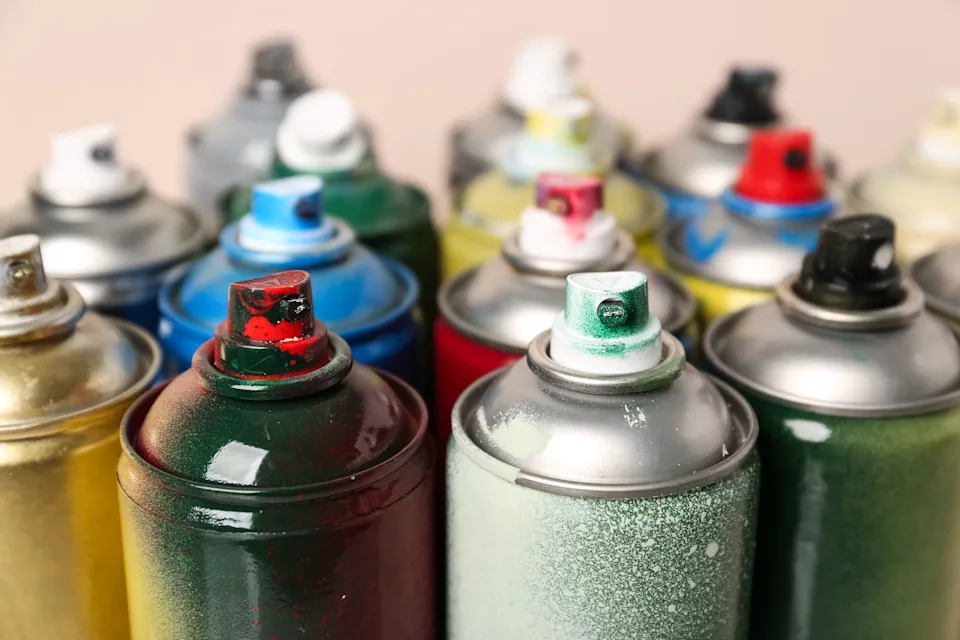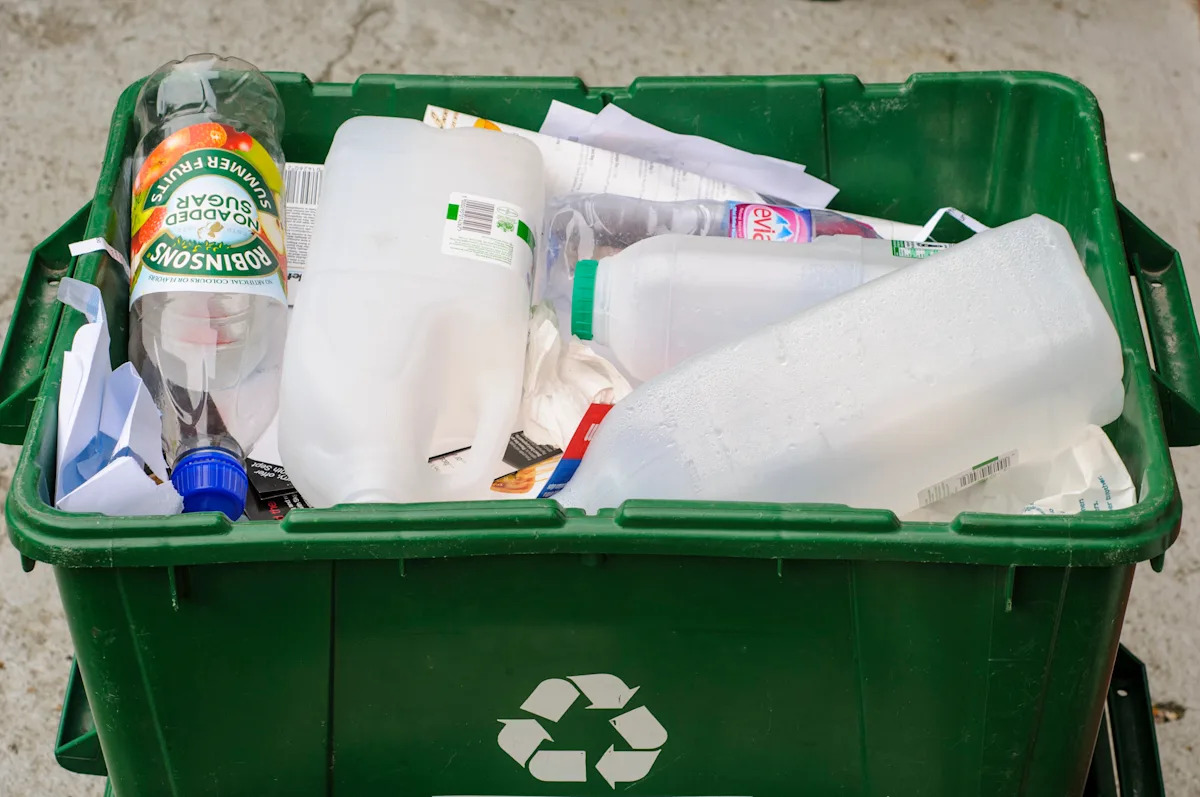Most people have a few blank spots when it comes to what should and shouldn’t go in the recycling bin – with less than one in 10 of us confident they’re getting the recycling right.
Less than two-thirds of households in the UK (58%) feel confident that they are putting the right things in the recycling bin, and just 9% are very confident they’re doing it right, according to Recycling Tracker research by plastic charity WRAP.
In fact, more than four in five of us (82%) put the wrong items in the recycling bin, potentially contaminating loads of recycling.
So what are the items that most people get confused about? Yahoo News spoke to Adam Herriott, a senior specialist at WRAP, who says he hopes that changes coming to Britain’s recycling system will make the issue clearer.
“Everyone wants to recycle, but the system can sometimes make it harder than it needs to be,” Herriott said. “The encouraging news is that awareness is improving, and people with clear recycling information at home or on-pack are much more likely to get it right.”
From next year, all councils in England will accept the same items for recycling under the Simpler Recycling Scheme, with similar schemes set to come into force in Scotland and Wales.
“As simpler, more consistent collections are rolled out across England and clearer labelling becomes the norm through initiatives like On-Pack Recycling Labels, we expect confusion to fall and recycling rates to rise,” Herriott said.
Glass perfume and aftershave bottles
More than half of us (55%) put glass perfume and aftershave bottles in general waste (alamy)
More than half of people (55%) put glass perfume and aftershave bottles in general waste, but they are only safe to put in the recycling bin for kerbside collection if you remove the plastic cap.
The spray nozzle and pump mechanism (which can have metal parts) can’t be recycled.
Perfume retailers such as Boots also offer their own recycling schemes.
Foil trays and wrappers
According to Herriott, people “remain unsure” about items like foil takeaway containers and cartons.
WRAP’s research shows that 31% of people still put foil in the general waste.

WRAP’s research shows that 31% of us still put foil in the general waste (alamy)
To recycle foil safely, wash takeaway containers to remove food residue.
To recycle aluminium foil, roll it up into a ball: if it stays in a ball shape it is pure aluminium and probably recyclable, if it does not, it is probably a composite material and not recyclable.
WRAP says that if every UK home recycled 25g of tin foil per week – enough for the Sunday roast – the energy saved from the foil not going to waste could power more than 190,000 homes.
Plastic shampoo bottles
Around 11% of UK households mistakenly put plastic detergent bottles, such as shampoo, in general waste, but they often can be recycled.
All plastic bottles for home use can be recycled, unless they contained pesticides.
To recycle them safely, wash out the bottle and replace the cap so it can be recycled too.
WRAP says that one extra shampoo/conditioner bottle recycled each week by every home could power more than 230,000 households for a year – almost enough to power the entire City of Edinburgh.
Aerosol cans
WRAP’s research shows that 23% of households mistakenly throw away aerosol cans, thinking they can’t be recycled.
The cans are made from either tin-plated steel or aluminium, both of which can be recycled.

The cans are made from either tin-plated steel or aluminium (alamy)
To recycle aerosols safely, make sure they are completely empty and do not try to pierce or flatten them.
WRAP says that one extra aerosol recycled each week by every home could power over a thousand flights from London to New York.
Toothpaste tubes
Toothpaste tubes remain a puzzle to many British families, with 8% of us wrongly putting them in the general waste.
Traditionally, toothpaste tubes were made of layers of mixed materials, which were hard to recycle, but in recent years they are increasingly made from recyclable HDPE (high density polyethylene).
Not all council areas accept toothpaste tubes, though, so it is worth checking on your council website.
Check the Recycling Locator | Recycle Now to see if toothpaste tubes are accepted in your area.
What recycling changes are happening in 2026?
The government is rolling out new domestic recycling rules in England from April 2026.
It hopes the new rules will end confusion over what goes where, boost flatlining recycling rates, and reduce the amount of waste sent to landfill or for incineration. The number of bins outside houses will also change in many areas – with a minimum of four per household in an attempt to standardise collections.
The Simpler Recycling scheme means that, after 31 March, waste collectors must collect the following types of waste separately from all households – including flats.
All other dry recyclable materials (glass, metal and plastic, including cartons)
Residual waste (non-recyclable waste that is sent for energy recovery or to landfill)
This includes introducing weekly food waste collections for most homes, unless their councils have a transitional arrangement in place.
A full list of what materials should and shouldn’t be collected can be found here.
How will plastic recycling change from 2027?
From April 2027, plastic recycling in England will also be overhauled, with many plastic items that previously ended up being incinerated set to be recycled from kerbside bins.
This means a huge variety of plastics we use every day – including bottles, trays, cartons and ‘metallic’ plastics – will be recycled.
It also includes some plastics that people might have assumed were already being recycled but shouldn’t be, such as plastic films used to wrap foodstuffs. (For example, the see-through coating on packets of chicken in the supermarket.)
A wide variety of so-called “flexible plastics” will also be collected.
Flexible plastics refer to packaging that can flex easily, such as snack wrappers, zip-lock pouches, sachets, and bread bags.
WRAP says that today, flexible plastic packaging represents nearly a quarter of all UK consumer plastic packaging, but just 7% is recycled.
Food and drink cartons will also now be recycled, along with metalised plastic film packaging and plastic bags

